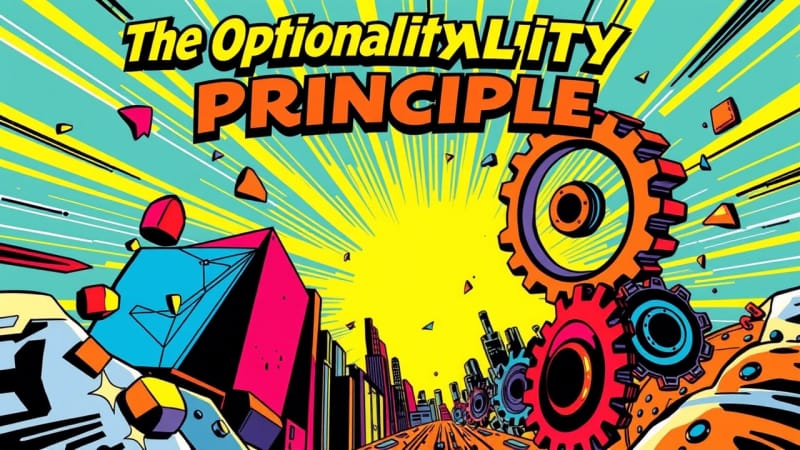- High-Stakes Human Skills
- Posts
- The Optionality Principle
The Optionality Principle
Always Having Three Exits

One disaster can erase 10 years of progress.
Most careers collapse not from bad luck, but from no exits. When you're down to one option, you're no longer making choices. You're surviving. Strategic paranoia is not fear, it's foresight.
While most professionals build single-path careers, the elite operate with optionality. They understand that in high-stakes environments, your backup plan determines your negotiating power. Your exit strategy shapes your entrance strategy. The question isn't whether disruption will come, it's whether you'll be ready when it does.
What Happens When Your Only Option Fails?
The entrepreneurial graveyard is filled with brilliant people who built empires on single points of failure. The freelancer with one major client. The executive married to one company. The creator dependent on one platform. When that single path breaks, years of progress vanish overnight.
The real risk isn't chaos, it's fragility.
Fragile systems break under stress. Antifragile systems get stronger. The difference is optionality. Having three exits doesn't just protect you from downside risk, it transforms your psychology. You negotiate differently when you have choices. You take calculated risks when failure won't destroy you. You build bigger when you're not paralyzed by potential loss.
Here's what most people miss: optionality isn't about having backup plans. It's about having active alternatives. A backup plan sits dormant until you need it. An active alternative generates value while you don't. The difference determines whether your exits are lifeboats or rocket ships.
Reply